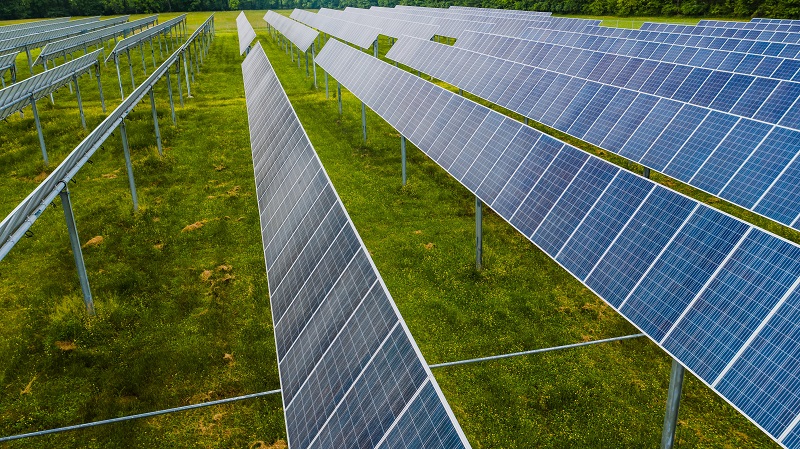According to BlackRock’s CEO Larry Fink’s most recent widely anticipated annual letter, the next wave of successful start-ups will be those that help make the shift to carbon-free energy affordable.
The next 1,000 unicorns, he writes, will not be search engines or social media firms, but rather sustainable, scalable innovators – enterprises that help the globe decarbonize and make the energy shift cheap for all customers. Fink used the phrase “unicorns” to refer to start-ups worth $1 billion or more in the technology business.
“Engineers and scientists are working around the clock to figure out how to decarbonize cement, steel, and plastics, as well as shipping, trucking, and aviation, as well as agriculture, energy, and construction.” “I think that the world economy’s decarbonization will present the biggest investment opportunity of our generation.”
Because of BlackRock’s vast size and impact, Fink’s yearly letter is seen as a predictor of future investment tendencies. According to BlackRock’s quarterly report, the firm’s assets under management had surpassed $10 trillion.
More than $4 trillion has been spent in sustainable technology, which is why Fink utilizes his position to discuss climate technology – it’s where business is headed.
Fink cites the car sector as an example, which has become nearly exclusively focused on electric vehicles. Tesla’s achievement has earned Elon Musk the world’s wealthiest individual, with a net worth of $266.5 billion, according to Forbes.
Currently, renewable energy alternatives are more costly than the incumbents that release greenhouse gases, which Fink describes as a difficult dilemma.
While start-ups are often where innovation occurs, legacy corporations can and should try to reduce the cost of green solutions as well.
In certain circumstances, major incumbent corporations have an advantage in terms of finance, market knowledge, and technological competence on a worldwide scale that will be necessary for the next disruption, according to Fink.
While Fink believes that the world economy must and will transition to a low-carbon future, he does not think it will happen quickly.
It is not going to happen overnight. Fink says that we must transition from brown to green colors.
Turning off the natural gas spigot instantly is not conceivable nor practicable, he claims. Any technology or policy that raises energy prices for the world’s poorest and most vulnerable people, he says, would lead to “more division around climate change” and be damaging to progress.

